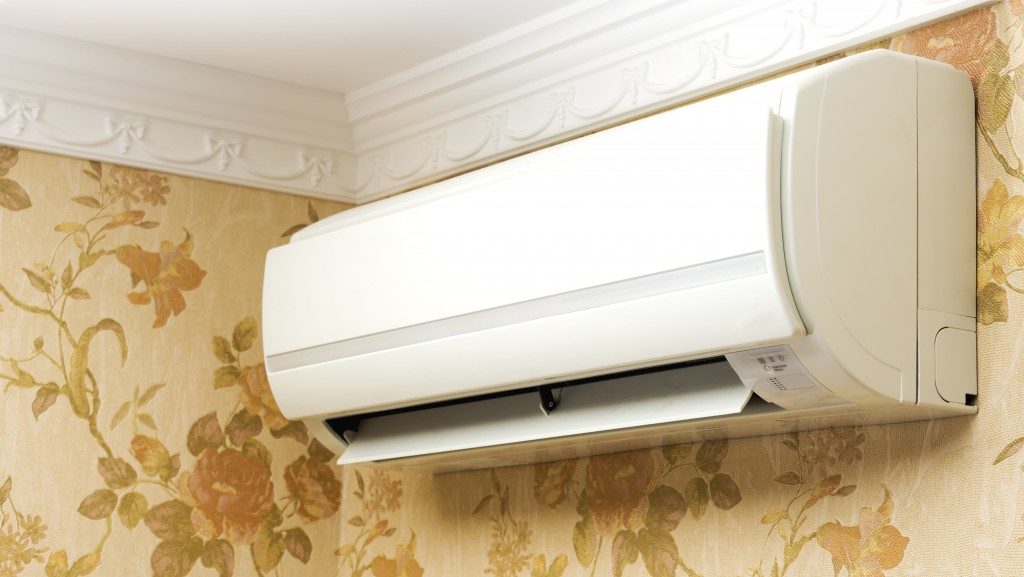The comfort and health of the family depend on the reliability of your air conditioning system. These days, the most efficient tool to cool workplaces and quarters in urban centers is a residential or commercial hvac installation.
Keeping it cool on a hot summer’s day
You’ve probably thought about keeping the refrigerator door open on the hottest days of summer. As the globe continues to warm this thought may have crossed your mind more than once. There’s no need for such extremes. All you need is a good air conditioning (AC) system that cools the space you occupy and keeps humidity levels manageable. Removing heat and dehumidification are the two main functions of an AC system. Would you be interested to know how the system works?
How to keep a room cool and comfortable
 The cold coil surface is the silent weapon of a typical AC unit. Heat exchange is the main process involved. As the air passes over the coil, the cooled liquid passing through takes the heat, and thus cools the air that comes out of the unit. Typical air conditioning systems utilize a liquid known a refrigerant. Some systems use chilled water. You’d have to ask the supplier and/or manufacturer about the liquid medium used in the system you plan to install.
The cold coil surface is the silent weapon of a typical AC unit. Heat exchange is the main process involved. As the air passes over the coil, the cooled liquid passing through takes the heat, and thus cools the air that comes out of the unit. Typical air conditioning systems utilize a liquid known a refrigerant. Some systems use chilled water. You’d have to ask the supplier and/or manufacturer about the liquid medium used in the system you plan to install.
It is important to understand what happens to the air that passes through indoor cooling coils in an AC unit. Two events occur. The first is sensible cooling of the air, and the second is latent cooling. Sensible cooling involves lowering of the temperature, while latent cooling involves removal of moisture. Therefore, cooling capacity includes both latent and sensible cooling. You’d want to ask about these qualities before sealing the deal on a new air conditioning system for your home.
Factors influencing the total cooling capacity
Your goal is to purchase and install the AC system most suited to your needs, and local climate. It pays to know about the factors affecting the performance of the AC system. After all, a modern unit is a considerable investment, and you’d want to be sure the AC you choose provides enough cooling while still utilizing a reasonable amount of energy. If you reside in an area with high outdoor temperature, you must pay attention to the air flow rates and the total capacity of an AC system. As explained above the sensible and latent capacities of the system differ as well, so you’d better ensure the unit can handle local temperature and humidity conditions. While you are looking at these numbers, ask energy efficiency and power consumption figures as well.
Lastly, in highly humid areas, special attention must be given to additional ways of lowering humidity levels. The AC system may not have full capacity to remove all the moisture in the air to allow for high air quality and lower the risk for growth of mildew and molds.
As you can see, air conditioning is more about heat transfer and control of humidity that actual cooling. AC systems must have the right capacity to provide the outcome you need to be given local environmental conditions. If not, you will end up paying high utility bills every month, and your family or employees might suffer from discomfort or potential illness from occupying a space with inadequate cooling and/or humidity control.


